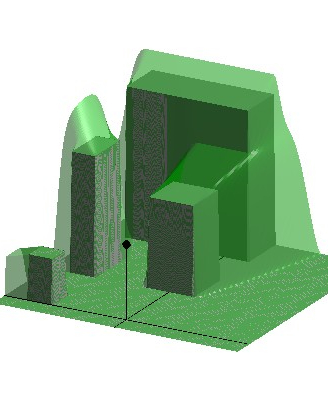Optimizing Sensor Network Design for Multiple Coverage
We introduce a new objective function for the greedy algorithm to design efficient and robust sensor networks and derive theoretical bounds on the network's optimality. We further introduce a Deep Learning model to accelerate the algorithm for near real-time computations. Correspondingly, we show that understanding the geometric properties of the training data set provides important insights into the performance and training.
